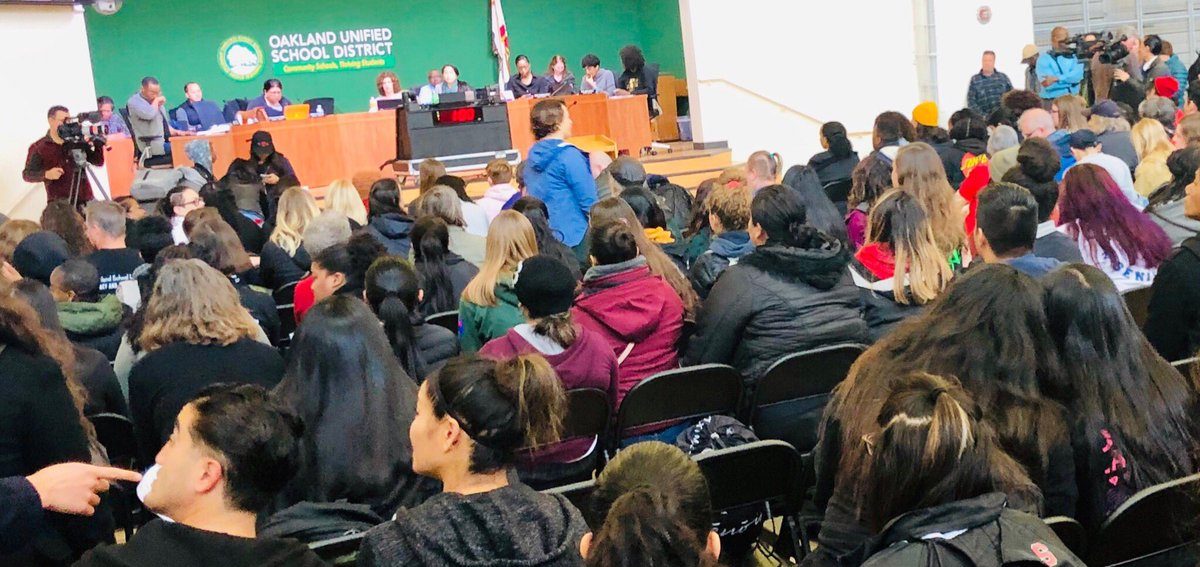I stumbled upon this article earlier this week detailing a paper recently published by two University at Buffalo researchers on health disparities that disproportionately disadvantage Asian Americans. Here’s an excerpt:
In their paper, “Barriers to Health Care Among Asian Americans,” UB School of Social Work professors Wooksoo Kim and Robert H. Keefe write that Asian Americans cannot be carelessly lumped together with such easy stereotypes as “well adjusted” or “successful.” In addition to the many Asian Americans who have assimilated well and become accomplished professionals, able to enjoy all the accompanying benefits, millions of Asian Americans still face daunting obstacles that stand in the way of quality health care, the UB researchers say.
Their conclusions are based on analysis of previous research into health care disparities among U.S. racial and ethnic groups, including Asian Americans, and upon U.S. Census data.
Four major barriers — language and culture, health literacy, health insurance and immigrant status — create vast differences between some Asian Americans with access to good health care and those who endure these barriers as best they can, the researchers conclude in their study, published this summer in Social Work in Public Health.
“Previous researchers (who studied selective nationalities or regional groups) may extrapolate from their findings to form a model they believe is representative of all Asian Americans,” explain Kim and Keefe. “This limitation not only fails to flush out differences among the Asian-American groups not being studied, but the one group under study is unlikely to be representative of its own ethnic Asian-American population.”
All these factors “perpetuate the myth of the well-adjusted Asian American,” the researchers find.
“Asian Americans are considered a ‘model minority,’ which prevents many Asian Americans from getting help when they need it, and this study addresses that issue,” Kim explains. “There is a dire need to expand our knowledge regarding better health care services for Asian Americans. I hope health care providers and policy makers become more cognizant of the needs of 12 million Asian Americans in this country.”
What I found fascinating about the study was how the researchers described a network of factors that create obstacles for Asian Americans. It’s not just one thing or another that makes Asian Americans (or other minority groups) more susceptible to health disparities, but several factors that work together to make it more difficult for Asian Americans to receive the healthcare they need.
The article speaks to the complexity of political issues that affect minority groups in America, and particularly how healthcare professionals and legislators who understand the unique challenges faced by our community can help alleviate these problems.
According to the researchers, attempts to address the issue of uneven health care among Asian Americans need to take these barriers into account.
“The presence of health care experts who are knowledgeable about Asian-American culture and social conditions can help remove, or mitigate, the effects of the barriers to health care for Asian Americans,” the researchers write.
Improving access for Asian Americans also improves the chances other under-served groups will benefit from quality health care.
In the long run, a country with healthy Asian Americans is a necessary condition for a stronger health-care system in the United States, the researchers say. “Health care for Asian Americans cannot be conceptualized without considering health care for all Americans,” Kim says.

